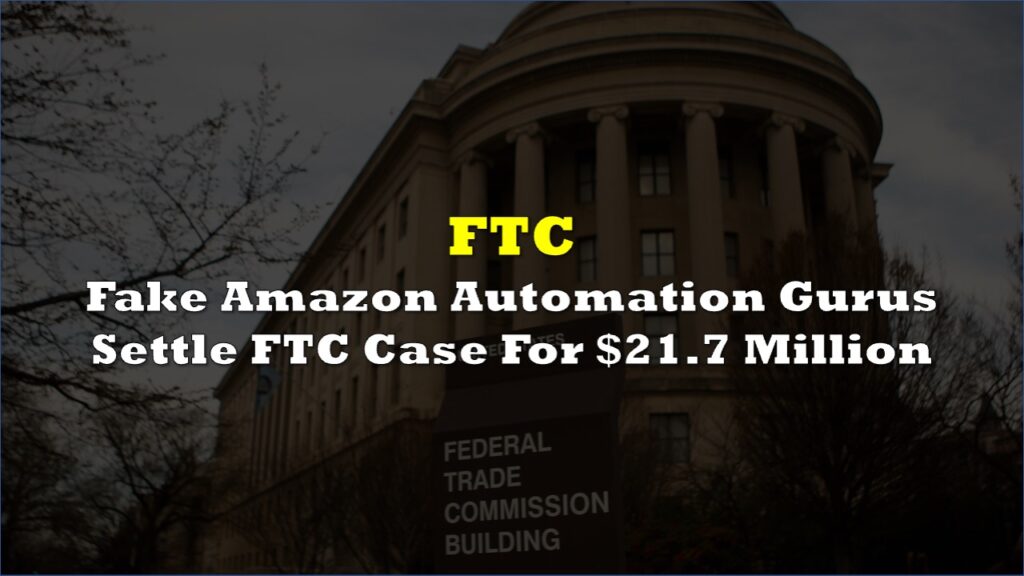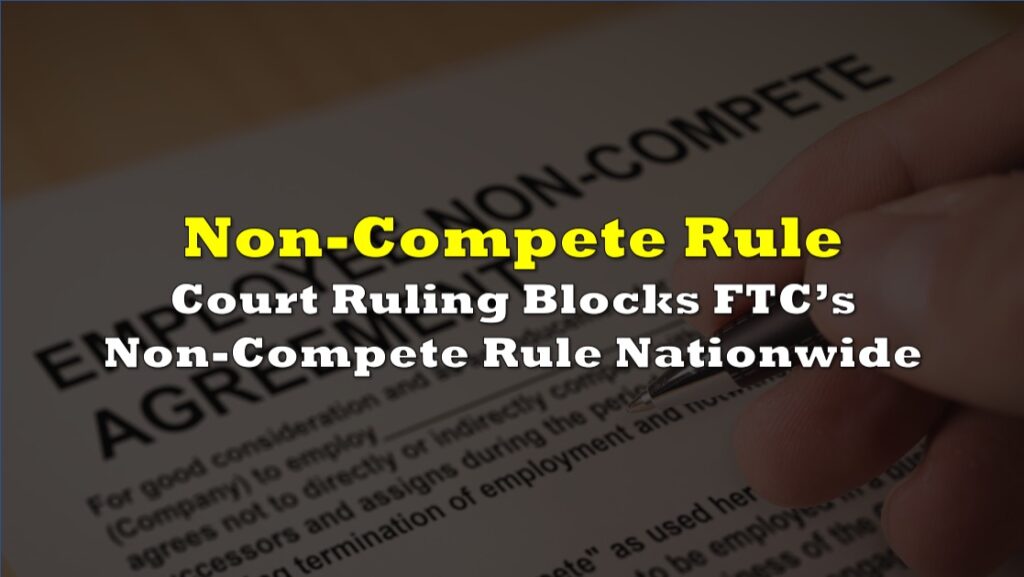Intuit (NASDAQ: INTU), the parent company of TurboTax, faces continued backlash over allegations of misleading consumers into using its supposedly “free” tax filing service that, in reality, came with hidden fees. In a recent ruling by the Chief Administrative Law Judge (ALJ) of the Federal Trade Commission (FTC), Intuit has been found to have “deceived consumers” through deceptive advertising practices.
The ruling scrutinizes numerous commercials and online advertisements where Intuit promoted its “Free Edition” software. Despite its name suggesting a no-cost service, users often found themselves obligated to pay for its usage, resulting in a lawsuit from the FTC and a hefty $141 million payout to affected individuals.
Meanwhile, Intuit’s genuinely free Free File version, developed in partnership with the IRS, remained obscure and challenging for users to locate. In 2021, Intuit withdrew from the program following the IRS’s decision to prevent companies from concealing their free filing services from search engines.
The FTC’s ALJ expressed concerns about the potential for Intuit to repeat such deceptive practices and, as a result, issued a cease-and-desist order. This order prohibits Intuit from representing any product as free unless it genuinely is free for all users and explicitly discloses any terms that may limit this offer.
FTC staff won a major victory today as we work to hold TurboTax accountable for cheating taxpayers with deceptive “free” ads.
— Samuel Levine (@saalevine) September 8, 2023
All advertisers should be on notice that free means free, and that fine print disclosures can’t cure flagrant deception. Read more ⬇️
In response to the impending FTC ruling, Intuit criticized the agency’s investigation process, calling it “flawed and highly questionable.” The company argued that it already adheres to most of the advertising practices disputed by the FTC and stressed its commitment to providing clear, fair, and transparent services to customers.
With the hope of avoiding the reliance on potentially deceptive third-party tax filing services, the IRS is actively developing a government-backed free filing service, set to debut during the 2024 tax season.
The FTC’s initial ruling against Intuit comes after accusations of deceptive advertising for its purportedly “free” tax products. The ruling asserts that Intuit violated Section 5 of the FTC Act by misleading consumers into believing they were eligible for free tax services when many were not. The final decision will be subject to review by the full commission.
Intuit intends to appeal the ruling, according to spokesperson Rick Heineman, who criticized the process and called the ruling “groundless.” Sam Levine, director of the FTC’s Bureau of Consumer Protection, defended the judge’s decision as impartial and backed by thorough examination.
As part of the judgment, the ALJ also issued a cease-and-desist order against Intuit, citing the risk of future violations. This order restricts Intuit from advertising goods and services as “free” unless they are genuinely accessible to all customers or clearly state any limitations. This order will remain in effect for the next two decades, as mandated by the FTC.
Following this development, Intuit’s stock experienced a 0.55% decline, after previously reaching a 52-week high.
The FTC’s investigation into Intuit’s deceptive practices began with a 2022 administrative complaint, which highlighted that millions of taxpayers, including those receiving specific IRS forms or earning farm income, did not qualify for TurboTax’s supposed “free” services. The complaint revealed that approximately two-thirds of filers were unable to use the free service in 2020.
Section 5 of the FTC Act is designed to prevent companies from engaging in misleading acts or practices that can cause significant harm to consumers, and the recent ruling holds Intuit accountable for alleged violations of this regulation.
Information for this briefing was found via CNBC, The Verge, and the sources mentioned. The author has no securities or affiliations related to this organization. Not a recommendation to buy or sell. Always do additional research and consult a professional before purchasing a security. The author holds no licenses.









